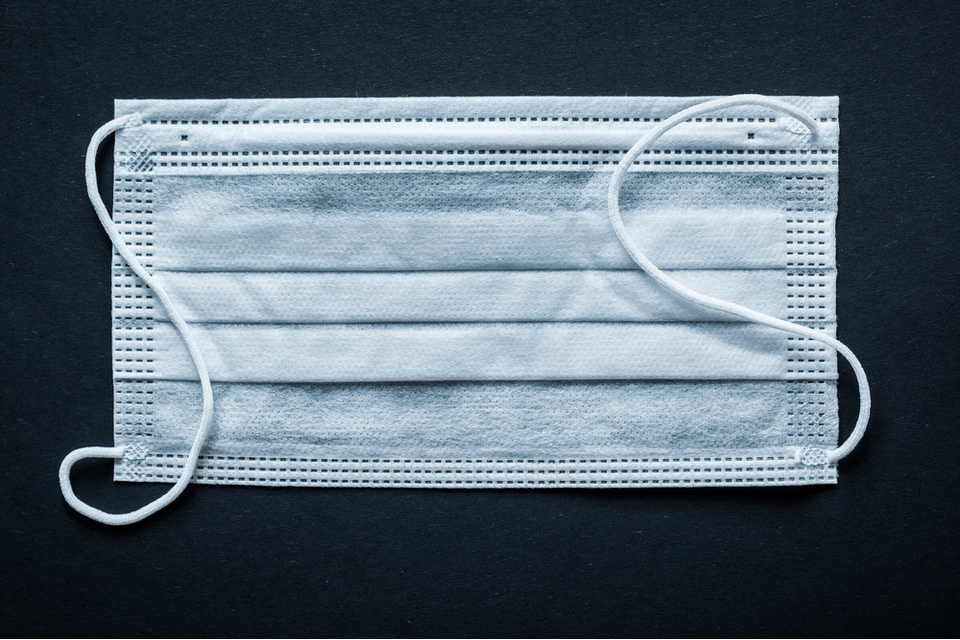To date, 17, 488 people across 27 countries have already been infected by the recently discovered 2019 Novel Coronavirus (nCoV).
Since its discovery in humans last December, nCoV has already killed over 300 people in Wuhan, a city in China’s Hubei province where the virus allegedly originated. News from China shows people wearing surgical masks to protect themselves against the dreaded virus.
Unfortunately, experts are still working on a vaccine that could stop the spread of the nCoV. Meaning, the only way people can protect themselves right now is by boosting their immune system, proper hygiene, and the wearing of virus-filtering masks.
However, Canadian researcher Hyo-Jick Choi points out that wearing surgical masks may not be as life-saving as we imagined. According to the biomedical engineer from the University of Alberta, that’s due to two primary reasons.
Surgical masks can only capture large air-borne virus-laden water droplets. Unfortunately, smaller aerosol droplets can spread respiratory viruses like the nCoV. And these tiny droplets can make their way through the mask pores.
While specialized masks, known as N95/N99 respirators, can filter out an aerosol, they are not as breathable are regular masks. Also, they’re pricier and less-practical for daily use.
The second problem with surgical masks is that they only trap some viruses, and don’t kill them. As such, people can still transfer the infective agent from their mask to their fingers – or other surfaces – when they discard the mask.
Now, Choi and his colleagues – supported by Mitacs, a not-for-profit organization that fosters growth and innovation in Canada – have devised a solution.
Virus-Killing Coating to Fight the Coronavirus
The Canada-based researchers developed a virus-killing coating that can be applied to a conventional mask’s filtration material. According to Choi, the coating consists of two salts: potassium chloride and sodium chloride mainly.
The salts dissolve into virus-laden water droplets of any size that comes into contact with a coated mask. And when the droplet evaporates, the dissolved salts within it crystalizes.
As a result, the sharp edges of the crystals would stand into the viruses that may be present, hence, killing them.
Choi noted:
“We’ve tested our system on three different influenza viruses and have shown that the virus on the surface of a coated contaminated mask is inactive within five minutes and completely destroyed within 30 minutes.”
The researcher believes that the virus-killing coating would be as effective against the Coronavirus.
Now, the University is looking to commercialize the coating. With access to a corporate partner, the product could hit the market in 12 to 18 months.
Until then, Choi recommends that users of the conventional surgical mask avoid touching the filtration materials. Also, they should wash their hands before and after handling a mask.
Other precautions include replacing masks after each use and never storing them in places such as your pocket.



















Comments (0)
Most Recent